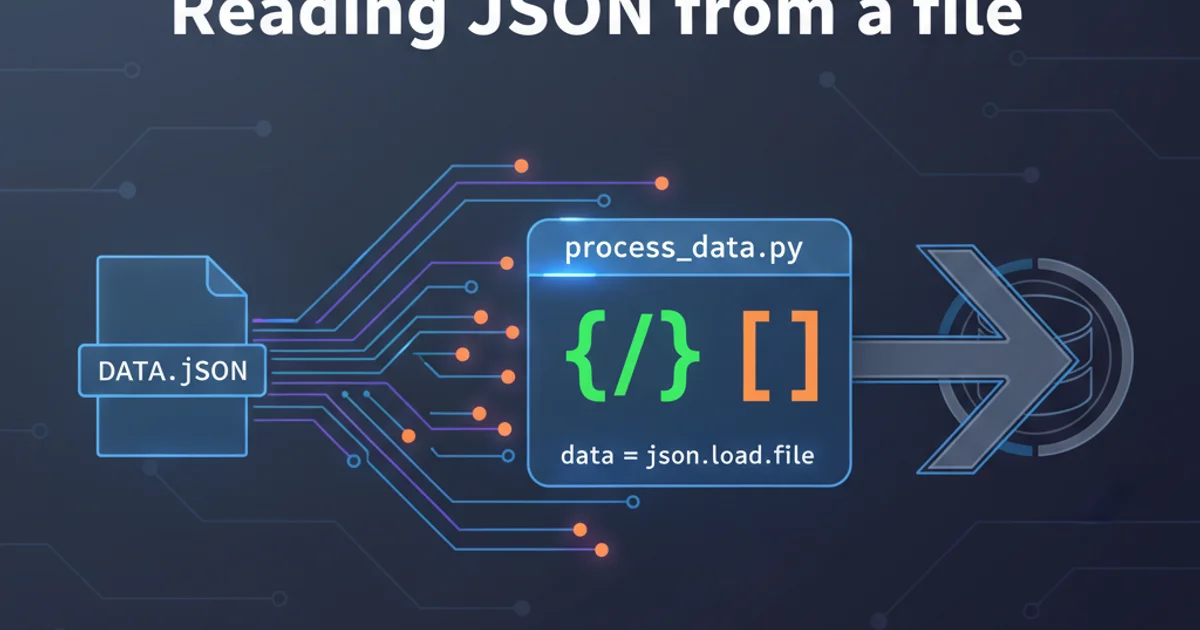Error in C# get enumerator definition
Categories:
Understanding and Fixing 'GetEnumerator' Errors in C# Structs

Learn why C# structs can throw 'GetEnumerator' errors when implementing IEnumerable and how to correctly define and use enumerators for value types.
When working with C# structs, you might encounter unexpected behavior or errors, especially when trying to make them enumerable. A common issue arises when a struct attempts to implement IEnumerable or IEnumerable<T> and the GetEnumerator() method is not defined correctly, leading to runtime exceptions or compilation errors. This article will delve into the specifics of why this happens with structs, how it differs from classes, and provide robust solutions to ensure your enumerable structs work as expected.
The Challenge of Enumerating Structs
In C#, structs are value types, while classes are reference types. This fundamental difference impacts how they behave, particularly when it comes to interfaces like IEnumerable. When a struct implements IEnumerable, the GetEnumerator() method is expected to return an IEnumerator interface. However, if the enumerator itself is also a struct, boxing can occur, or more critically, the compiler might struggle to correctly resolve the method if not implemented carefully.
flowchart TD
A[Struct implements IEnumerable] --> B{GetEnumerator() called}
B --> C{Returns IEnumerator}
C --> D{Is Enumerator a struct?}
D -- Yes --> E[Potential Boxing/Incorrect Implementation]
D -- No --> F[Works as expected (e.g., class enumerator)]
E --> G["Runtime Error: 'GetEnumerator' definition not found"]
F --> H[Successful Enumeration]Flowchart illustrating the enumeration process for structs and potential error points.
The core of the problem often lies in the return type of GetEnumerator(). If you define a custom enumerator as a struct, and GetEnumerator() returns this struct directly, it won't implicitly satisfy the IEnumerator interface requirement without explicit casting or boxing. This can lead to the compiler not finding a suitable definition, or runtime errors due to incorrect type handling.
Common Scenarios and Solutions
Let's explore a typical problematic scenario and then look at the correct ways to implement IEnumerable for a struct. The key is to ensure that the GetEnumerator() method correctly returns an object that implements IEnumerator (or IEnumerator<T>).
public struct MyStruct : IEnumerable<int>
{
private int[] _data;
public MyStruct(params int[] data)
{
_data = data;
}
// Problematic implementation (often leads to errors)
// public MyStructEnumerator GetEnumerator() { return new MyStructEnumerator(this); }
// Explicit interface implementation for IEnumerable<T>
public IEnumerator<int> GetEnumerator()
{
foreach (var item in _data)
{
yield return item;
}
}
// Explicit interface implementation for non-generic IEnumerable
IEnumerator IEnumerable.GetEnumerator()
{
return GetEnumerator(); // Call the generic version
}
// If you were to define a custom struct enumerator, it would need to be handled carefully
// public struct MyStructEnumerator : IEnumerator<int>
// {
// private MyStruct _parent;
// private int _currentIndex;
//
// public MyStructEnumerator(MyStruct parent)
// {
// _parent = parent;
// _currentIndex = -1;
// }
//
// public int Current => _parent._data[_currentIndex];
//
// object IEnumerator.Current => Current;
//
// public bool MoveNext()
// {
// _currentIndex++;
// return _currentIndex < _parent._data.Length;
// }
//
// public void Reset()
// {
// _currentIndex = -1;
// }
//
// public void Dispose() { /* No unmanaged resources */ }
// }
}
Example of a C# struct implementing IEnumerable<int> correctly using yield return.
yield return keyword is often the simplest and most idiomatic way to implement IEnumerable for both classes and structs in C#. It automatically generates the necessary enumerator class for you, handling the complexities of state management and interface implementation.Why yield return is Preferred
When you use yield return, the C# compiler automatically generates a hidden class that implements IEnumerator (and IEnumerator<T>). This class manages the state of the enumeration, allowing the GetEnumerator() method to return an instance of this compiler-generated class. Since this generated type is a class (a reference type), it correctly satisfies the IEnumerator interface contract without boxing issues or explicit casting headaches that can arise when trying to return a custom struct enumerator directly.
sequenceDiagram
participant User
participant Compiler
participant Runtime
User->>Compiler: Define Struct with yield return
Compiler->>Compiler: Generates hidden Enumerator Class
Compiler->>User: Struct compiled
User->>Runtime: Call GetEnumerator() on Struct
Runtime->>Compiler: Invoke generated GetEnumerator()
Compiler->>Runtime: Return instance of hidden Enumerator Class
Runtime->>User: Enumerate itemsSequence diagram showing how yield return simplifies enumeration by leveraging compiler-generated classes.
Handling Custom Struct Enumerators (Advanced)
While yield return is generally recommended, there might be niche performance-critical scenarios where you want to avoid the heap allocation associated with the compiler-generated class. In such cases, you can define your own enumerator as a struct. However, this requires careful implementation to avoid boxing and ensure the GetEnumerator() method returns the correct interface type.
public struct MyAdvancedStruct : IEnumerable<int>
{
private int[] _data;
public MyAdvancedStruct(params int[] data)
{
_data = data;
}
// Public method returning the struct enumerator (for 'foreach' optimization)
public MyAdvancedStructEnumerator GetEnumerator()
{
return new MyAdvancedStructEnumerator(this);
}
// Explicit interface implementation for IEnumerable<T>
IEnumerator<int> IEnumerable<int>.GetEnumerator()
{
// This will box the struct enumerator if called via the interface
return new MyAdvancedStructEnumerator(this);
}
// Explicit interface implementation for non-generic IEnumerable
IEnumerator IEnumerable.GetEnumerator()
{
// This will also box the struct enumerator
return new MyAdvancedStructEnumerator(this);
}
public struct MyAdvancedStructEnumerator : IEnumerator<int>
{
private MyAdvancedStruct _parent;
private int _currentIndex;
public MyAdvancedStructEnumerator(MyAdvancedStruct parent)
{
_parent = parent;
_currentIndex = -1;
}
public int Current => _parent._data[_currentIndex];
object IEnumerator.Current => Current;
public bool MoveNext()
{
_currentIndex++;
return _currentIndex < _parent._data.Length;
}
public void Reset()
{
_currentIndex = -1;
}
public void Dispose() { /* No unmanaged resources */ }
}
}
Advanced example of a struct with a custom struct enumerator, showing explicit interface implementations.
GetEnumerator() via the IEnumerable or IEnumerable<T> interface will still result in boxing the enumerator struct. The performance benefit of a struct enumerator is primarily realized when the foreach loop can directly bind to a public GetEnumerator() method that returns the struct type, avoiding the interface dispatch and boxing.